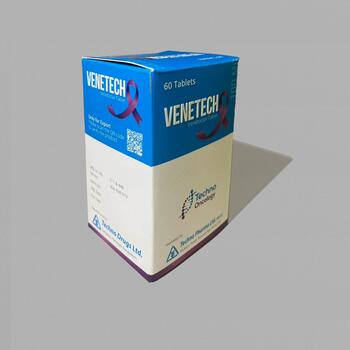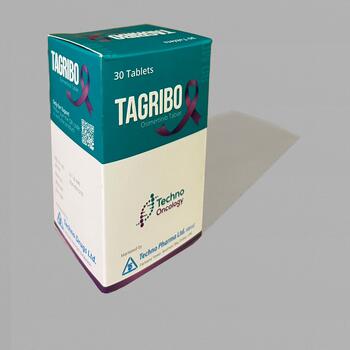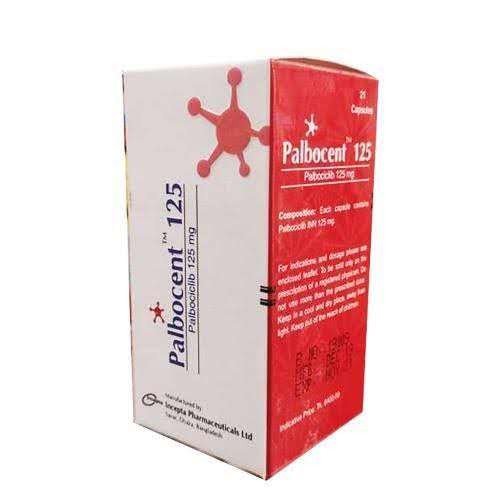恩曲替尼(Entrectinib)100mg

1.Composition:
Entrectinib is a small molecule tyrosine kinase inhibitor, chemically named N-(4-(3-(4-(6-(2-fluoro-4-(trifluoromethyl)phenyl)thiazol-2-yl)thiazol-2-yl)phenyl)thiazol-2-yl)phenyl)-4-(4-fluorophenyl)thiazole-2-amine. Its molecular formula is C21H21F3N4S3, with a molecular weight of 468.59.
2. Pharmacodynamics:
Entrectinib interferes with the growth and spread of cancer cells by inhibiting certain types of tyrosine kinases, particularly ROS1, NTRK1, NTRK2, and NTRK3. This drug has a strong inhibitory effect on cancer cells carrying these gene fusions or mutations, making it particularly effective in treating these types of cancers.
3. Administration:
Entrectinib is typically administered in the form of oral tablets. The common dosage is 100 mg taken twice daily. The specific dosage and treatment regimen should be adjusted based on the patient’s condition and the drug’s tolerance. It is essential to follow the physician's recommendations during use.
4. Research & Development History:
Entrectinib was developed by F. Hoffmann-La Roche and was first approved by the U.S. Food and Drug Administration (FDA) in 2019 for the treatment of ROS1 fusion-positive non-small cell lung cancer (NSCLC) and NTRK fusion-positive solid tumors. It is the first approved NTRK inhibitor and is also used for the treatment of ROS1-positive cancers, marking a significant advancement in targeted therapies for cancer treatment.
5. Mechanism of Action:
Entrectinib targets and inhibits the ROS1, NTRK1, NTRK2, and NTRK3 tyrosine kinases, preventing the signaling of these receptors, thereby reducing the growth and spread of cancer cells. Specifically, it interferes with the cell proliferation and survival signals mediated by these receptors, demonstrating effectiveness particularly against cancer cells with ROS1 or NTRK gene fusions.
6. Summary:
Entrectinib is a targeted therapy drug designed to treat cancers associated with ROS1 and NTRK gene fusions. It exerts anti-cancer effects by inhibiting the relevant tyrosine kinases, disrupting the growth and spread of cancer cells. Entrectinib has shown good efficacy in treating cancers with specific gene mutations or fusions.







